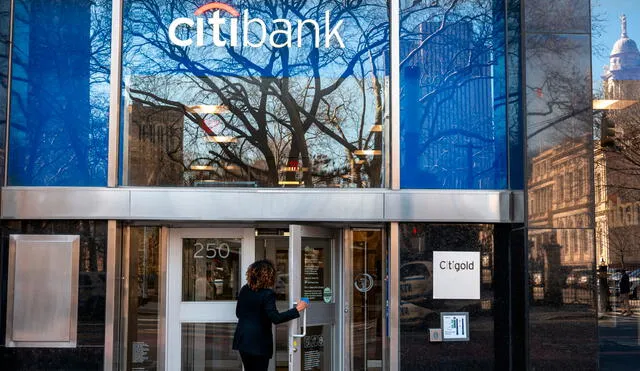Citigroup corrects $81 trillion error after accidental client deposit
Citigroup narrowly avoided a financial disaster after an $81 trillion input mistake was detected and reversed, raising concerns about manual mistakes and the need for stronger banking safeguards.

Citigroup nearly made monetary history after accidentally crediting a client’s account with $81 trillion instead of $280 in what is being called a massive “fat finger” fault. The error went unnoticed by two employees before a third spotted it 90 minutes later and reversed the entry. While no funds left the bank, the incident underscores ongoing concerns about manual input missteps in high-stakes financial systems.
The slip-up was disclosed to U.S. regulators, including the Federal Reserve and the Office of the Comptroller of the Currency. Citigroup stated that while the transaction was too large to process, internal controls quickly caught the issue. However, this is not the first time Citigroup has faced scrutiny over such miscalculations, following its $900 million mistaken payment in 2020 and a $1.4 billion stock sale mishap in 2022.
How big was this banking blunder?
To put the inaccuracy into perspective, $81 trillion exceeds the total value of the U.S. stock market, which was estimated at $62 trillion at the end of 2024. The amount would also be enough to buy Elon Musk’s fortune more than 200 times over or make up nearly a fifth of the estimated $450 trillion in global wealth. A transaction of this size would have likely been flagged immediately by financial networks, preventing any actual transfer.
A Citigroup spokesperson acknowledged the mistake, stating, “Despite the fact that a payment of this size could not actually have been executed, our detective controls promptly identified the inputting error… and we reversed the entry.” The bank emphasized its continued push to automate processes to minimize such risks in the future.
What impact have Citigroup’s errors had on its reputation?
Repeated financial blunders, including the $900 million Revlon payment in 2020, have damaged Citigroup’s credibility and led to increased regulatory scrutiny. Former CEO Michael Corbat faced criticism for the bank’s internal control failures, with the incident contributing to leadership changes and legal battles that lasted for years.

Michael Corbat’s tenure at Citigroup was marked by major financial errors, including the $900 million Revlon mishap, raising concerns about the bank’s internal controls and risk management. Photo: CNN
Even after Corbat’s departure, problems persisted, such as the $1.4 billion mistaken stock sale in 2022 that briefly disrupted European markets. The $81 trillion near-miss adds to concerns about oversight, reinforcing Citigroup’s efforts to strengthen automation and prevent costly mistakes.












